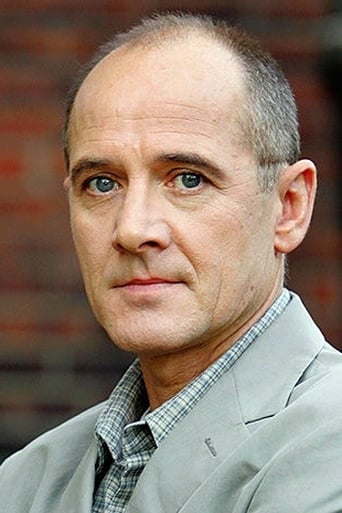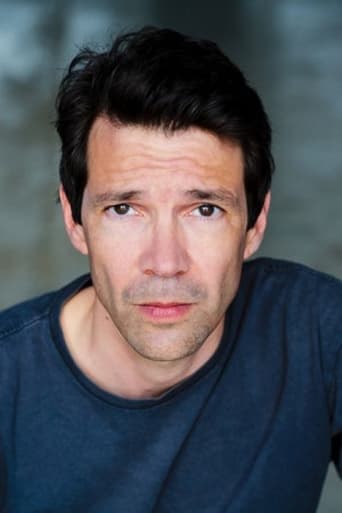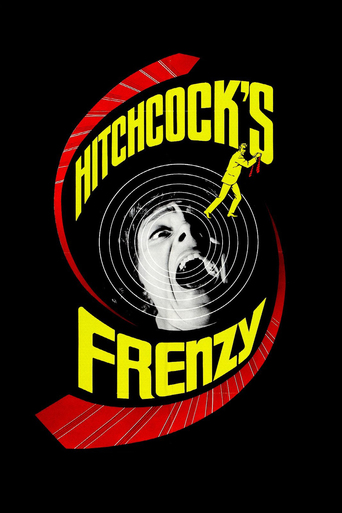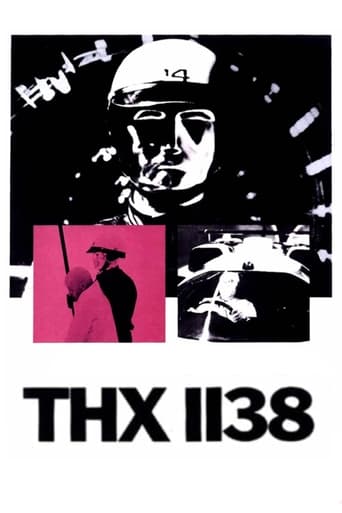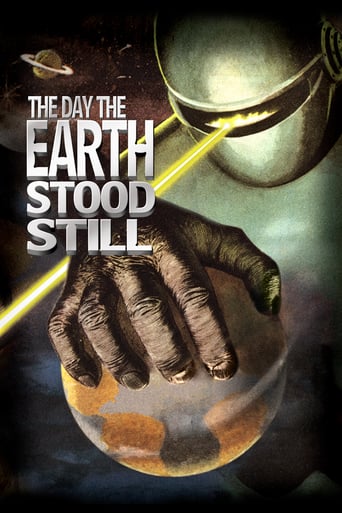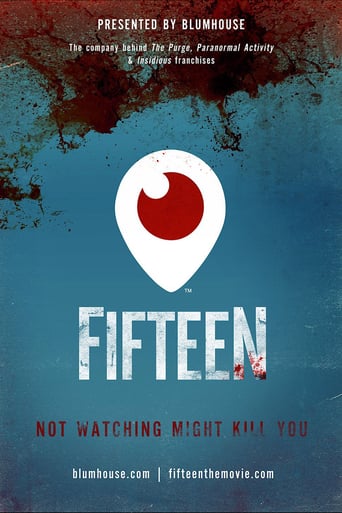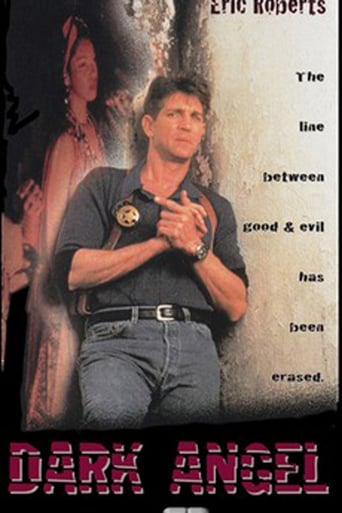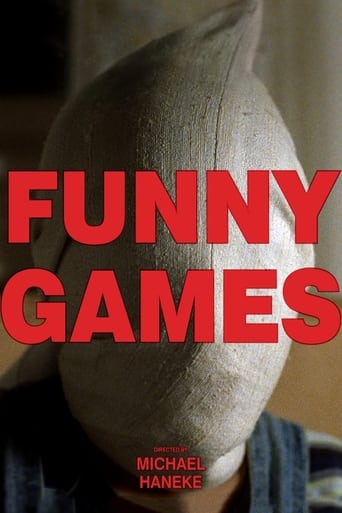
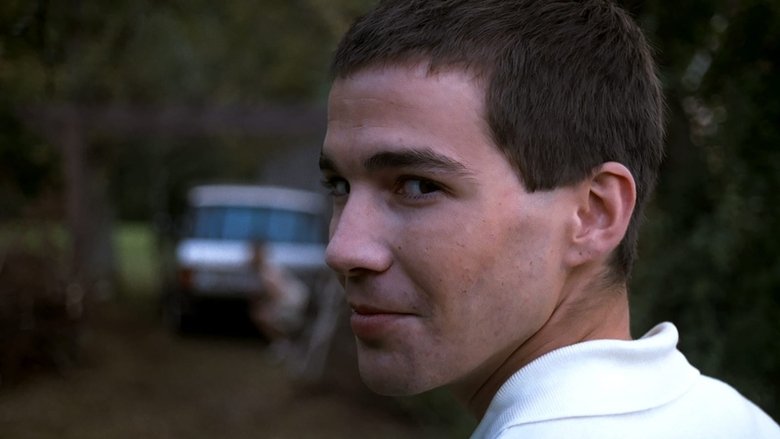
Funny Games (1997)
Two psychotic young men take a mother, father, and son hostage in their vacation cabin and force them to play sadistic "games" with one another for their own amusement.
Watch Trailer
Cast


Similar titles
Reviews
SPOILER ALERTS!!! (How could I possibly spoil these eggs any more than they are already?)I rated this a "2" instead of a "1" in honor of the Austrian director's ability to suck me into the action for at least the first 75 minutes, maybe more, which alternated between one of the most repulsive and boring cinematic experiences that I can remember.My instincts told me to click this off immediately after Anna discovered her beloved German shepherd in the back of the Range Rover, but I kept going anyway, in spite of the fact that two of my very best friends in real life were German shepherds. Always trust your instincts, folks, at least when you feel that you need to switch off a movie, an act that doesn't come very easy to me.In addition to Ben Mankiewicz, my very favorite Hollywood leftwing poster child, reviewers who liked this total mess claim that the director, Michael Haneke, was making a very important statement about American horror films. I missed the point entirely. Whether it's Karloff's "Frankenstein" of 1935 or "Psycho" of 1960 or hundreds of entertaining horror films in between and after, my attraction to the American horror genre is not based on revolting, graphic scenes of blood and terror but on the art of developing suspense and fear within the viewer. It does not lie in a director's pathetic attempt to allow his psychopathic character to speak to me robotically and repeatedly "out here in the dark", as Norma Desmond, a kind of horror figure in her own right, would say. It certainly does not exist in the image of an innocent child lying lifelessly in a pool of blood for ten or fifteen minutes with absolutely no action on the screen other than a televised car race.For me, this film became a dreadful and even traumatic experience that I was finally forced to end it on my own. As controversial as this statement may be, this is a film that only an Austrian or German director could enjoy making. If he didn't enjoy making it, why even bother, especially when the intended message was so ineffective for so many of us? "Funny Games" was no fun for me.
A difficult film for audiences because of the deplorable violence and vanishingly small relief extended to the viewer. The flaw is one of Introspection which is one of many fiction-writing modes and conventions used to convey the thoughts of a character. The film, by portraying such brutality leaves us with merely damned people and evil people. The lack of emotional connection between director and viewer results in redundancy. The viewer does not reach an enhanced position by having understood the deeper motives form the inner dialogue of the characters.
Funny Games is a unique beast. I cannot think of a movie that can be compared to it's gut- punching themes; the best I can do is compare it to the Blue Eye Brown Eye Experiment conducted by Jane Elliot. If you don't know what this is, it's a social experiment that involves the separating of a group into 2 segments: blue eyed people and brown eyed people. Jane has the blue eyed group exit the classroom and then instructs the remaining brown eyed group that they supersede the blue eyed group in terms of look, intelligence, worth etc. This experiment, at times being praised as daring yet necessary, put many people in tears throughout the 40-some odd years that Jane has been conducting it. Outrage, trauma, people exclaiming "I'm not racist and I have never treated anyone like this" infuriated at Jane. The experiment's core purpose was to untangle the socialized racism that so many people have been complacently conditioned to appropriating. Funny Games works in the same fashion: you are not in control and the antagonists make that quite clear from the time the begin tormenting the family on screen. Unlike vacuously violent and hollow films of recent years such as Martyrs & Eden Lake; which themes rely on sadism, hopelessness and doubt, Funny Games shakes it's finger at you and reminds you that what you are seeing in front of you is the same thing that you go to for entertainment: violence.. the only difference is that you don't get to casually "hurraw" to your TV screen while you watch masked vigilantes beating the drug dealer with a brick to the sound of Led Zeppelin; instead, you get cunning, callous silence with the haunting echos of whimpering while Peter and Paul stay consistently composed which for whatever reason makes each minute more agonizing than the last. Is it pleasant? Not at all. Is it entertaining? Hell no. Does it serve it's purpose? Absolutely. This is a film I could not bring myself to watching. With that sad, I was devastated after watching it; but it was devastation myself rather than what I had seen. I reflected on all the times I watched violent television/movies and treated it as if it was just a part of the entertainment turnstile; I need my fill of violence to enjoy something. After Funny Games, I steered my direction toward movies that will not make light of the seriousness that violence can bring. Even films like 21 Jump Street give me that 'what am I doing?' feeling. This film is punch in the face followed by being sent to the confinement chair of shame. It will probably change you, but in way that you will feel thankful for further down the road.
Michael Haneke is one of the last few living propagators of cinematic modernism that we have left (RIP Abbas Kiarostami). Many know his 2005 masterpiece, Caché, or Hidden, but misread it and furiously focused on the answer to the puzzle of the video-tapes while brushing past the slow compression of historical and classist guilt and distress around Georges. Others know The White Ribbon, his modernist response to Hollywood Holocaust films such as Schindler's List, dubbed 'a whodunnit without a denouement, a historical parable without a lesson'. But of all these films the most brash and unsubtle of them is clearly Funny Games. It forgoes the building of suspense or mystery; it doesn't lay down breadcrumbs for the audience to pick up or confront them with possibilities to unlocking new answers. It is Haneke at his most uninhibited. This is simultaneously the film's triumph and downfall. Haneke employs a certain grit and cold realism that reinforces the brutality and sadism of the film's violence. There is no non-deigetic sound, only silence to accentuate the harsh screams and cries of pain that ring around the halls, and he utilises long-takes of such agonising length and desperation that we become transported into the scene itself, hurriedly glancing behind our shoulders as if Peter and Paul might return at any moment, golf club in hand. The most telling sign of Haneke's success in this department is the backlash towards the film. It cannot be more obvious in the reactions of those who call the film's action a depraved and sadistic affair, or mindless garbage, that they have been long coaxed by what Haneke is trying to disarm himself: the flashy, aestheticised violence and carefully cultivated endings of today's blockbusters. The modernist form also lends itself an aesthetic self-consciousness and reflexivity, and an acute awareness of its own origins and contextual influences of the past. Haneke cleverly weaves this aspect into his own battle; through Paul's breakings of the fourth wall, goading and questioning their audience and ensuring their complicity with what is being portrayed on the screen. A bet is made to signify the commodification of all that is great in violence. This is not, of course, a mutual agreement - Haneke posits that our desensitisation towards violence is so great that none of us should have any problem with what we are watching, and so from this he builds and builds. It's a grumpy old man within that can't quite resist or hold back in his agenda, and won't actually stop until every member of the audience has left. But the film is positioned so that with either reaction, he comes away victorious. Avert your eyes, walk out of the theatre (not that many went in the first place), or switch the television off, and his entire argument is justified, in that modern depictions of screen violence are little more than artefacts to stimulate, arouse and then placate our desires. One senses that Haneke looks upon this reaction with a little smugness. And yet stay and revel (if you can) for the entire runtime of Funny Games, and Haneke is allowed to brand you with disgust and the sadomasochistic label. Clearly, if you enjoy and sit and watch the whole thing, you're beyond the mere problem of the media's saturation of graphic violence and need a lot more intervention. So Haneke sets himself up to have his cake and eat it too, and the most intriguing moment in the film reinforces this notion of omniscient control that he asserts. George Junior somehow manages to acquire a shotgun and wield it competently, and sends Peter flying with a cartoonishly exaggerated shot straight into the wall. Haneke dangles the bait, that promise of vengeance and retribution, and then without any precedent, magically rewinds and erases the moment. This is a power move, the cinematic equivalent of Haneke flipping the bird to any viewer left that was foolish enough to hope and dream for that conventional third act resolution. Ultimately Funny Games is basically comprised of these moments - it doesn't enable the seductive powers of storytelling and characterisation and then turn them onto their backs, like Ribbon and Caché were structured. It's an endurance test of your moralities, and at the end of it no one is declared the winner. Except for Haneke himself, who must be positively delighted at all the outrage and controversy. Haneke's own 2007 American remake of the same film is a whole other conundrum. It is, in a nutshell, ideologically bankrupt. Here is a director who has denounced the mainstream, and would be sorely ashamed to sell out at the box office or win an Oscar, but then throws fifteen million into what is basically a meaningless experiment. Not only it is pathetic to watch Haneke wrest with what he should be opposed to, the soulless aimless American remake, but in the process of it the film's agenda is considerably diminished. Everything is cleaner - the actors are prettier, the sets are spotless, the murderers are more charismatic. They stalk through the sleek white decor of the lake house with a devilish grin, and by aestheticising them Haneke has succumbed to his own accusations. And in casting Hollywood stars in leading roles in Roth and Watts, he has commercialised what he vehemently argued beforehand should not be commercialised.Funny Games (1997) - 7/10Funny Games (2007) - 3/10


